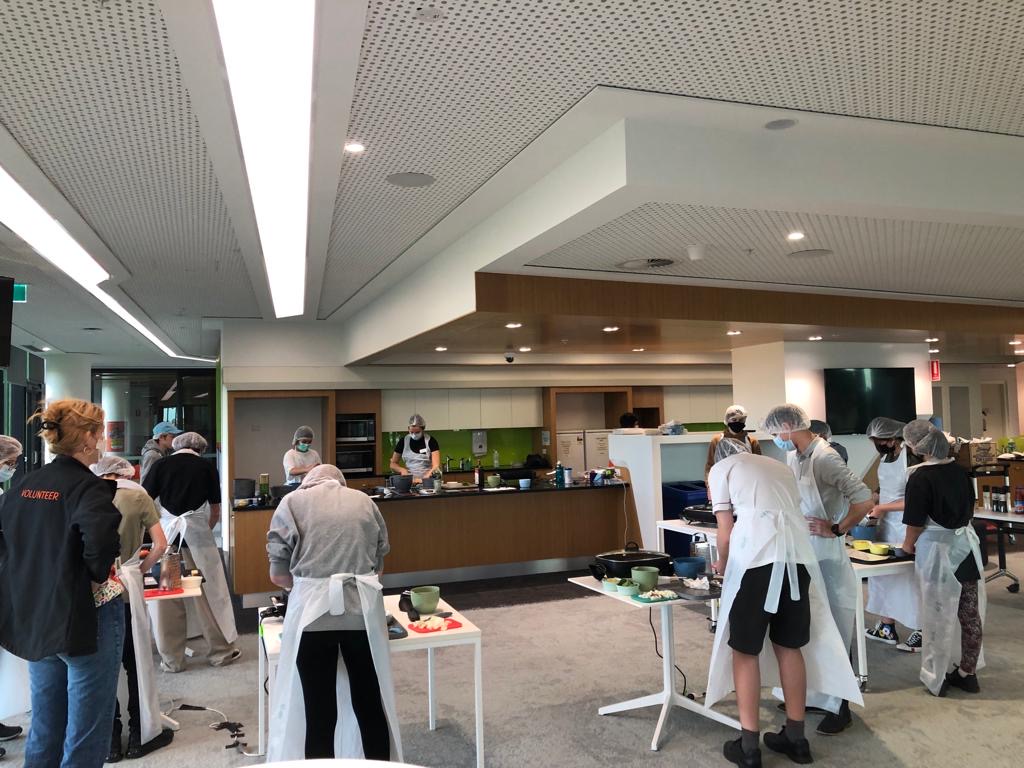Search

News & Events
JDRF Type One SummitThe Rio Tinto Children's Diabetes Centre were invited to attend this year's JDRF Type One Summit in Sydney where the T1D community came together to "share knowledge and gain strength and inspiration from others in the T1D community - JDRF Australia"

News & Events
A recipe for success in managing type 1 diabetes for teenagersAn innovative cooking program, the first of its kind in Australia, is being offered at Perth Children’s Hospital, combining nutrition education and practical cooking skills for teenagers living with type 1 diabetes (T1D).

News & Events
DiabHQ and the patient portalThe Rio Tinto Children’s Diabetes Centre has recently commenced an exciting new project to integrate diabetes data from many different sources so that it can be used more effectively to help people living with diabetes. The DiabHQ project will bring together data that is currently housed in many sep

News & Events
Teaching Kitchensthe Teaching Kitchens program will start again on Thursday March 9 from 5-7pm, running for four weeks (every thursday evening).

News & Events
Congratulations Seed Funding Recipients!The Rio Tinto Children’s Diabetes Centre; a JDRF Global Centre of Excellence announces inaugural funding for researchers dedicated to type 1 diabetes.

News & Events
Ads clinic updateThe Perth Children’s Hospital (PCH) Adolescent Diabetes Service (ADS) clinics have had several updates thanks to your feedback, including the introduction of “Welcome to Ads group sessions” for teenagers.

News & Events
Kids have a 'wild' time at diabetes campKids living with type 1 diabetes got to hang out with peers and have a lot of fun at the Diabetes WA and Perth Children’s Hospital kids’ camp in Bicton recently.

News & Events
Crippa's Footy ClinicDiabetes Research Western Australia (DRWA) are inviting children aged 6-16 living with type 1 and type 2 diabetes to join West Coast Eagles forward Jamie Cripps for a fun-filled footy clinic.

News & Events
New automated pump systemThe new automated insulin delivery system by MyLife Diabetes Care is now available on android devices from October 24, 2022.

News & Events
Made with loveWhen two-year-old Clara first went onto the new Ypso HCL system, her mum Sarah found that the pump belt was just a little too big for her.
